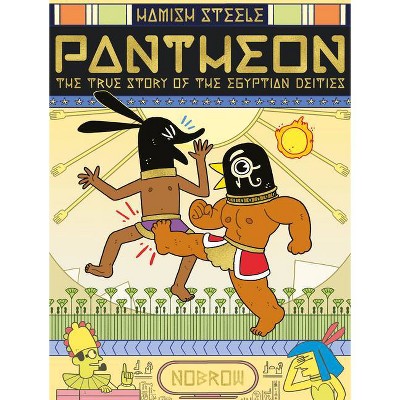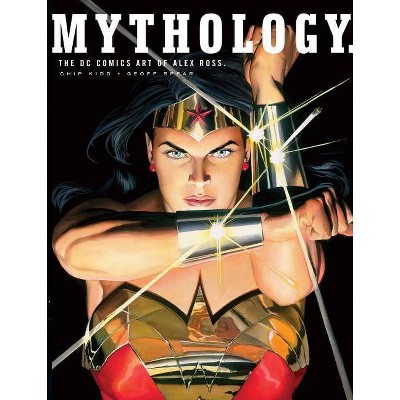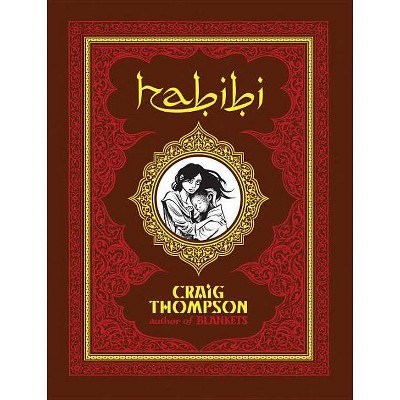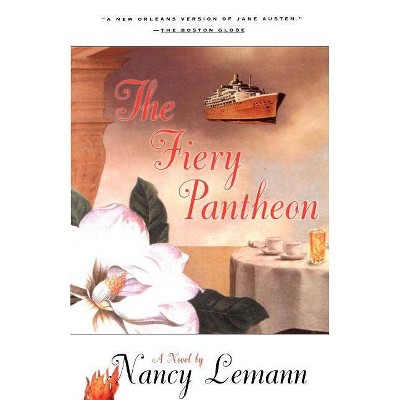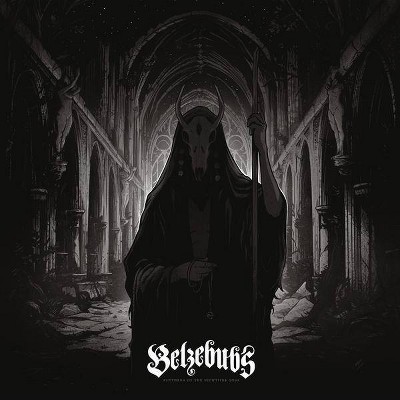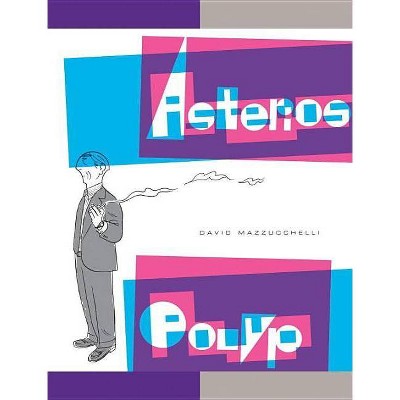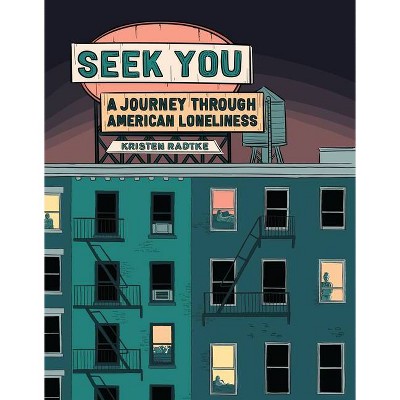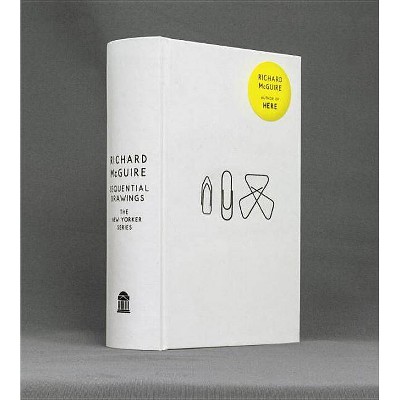The Pan-African Pantheon - by Adekeye Adebajo (Hardcover)
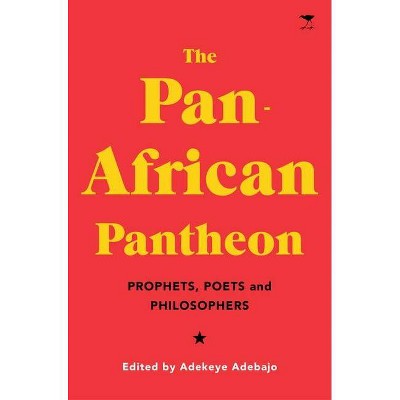
Similar Products
Products of same category from the store
AllProduct info
<p/><br></br><p><b> About the Book </b></p></br></br>This book presents a series of sketches of lives, thought and impact of thirty-seven individuals in relation to Pan-Africanism. Offering overviews of movements, groups, and detailed biographies, the chapters provide insights into the individuals who have animated the 'Pan-African Pantheon'.<p/><br></br><p><b> Book Synopsis </b></p></br></br>With thirty-eight accessible essays from prominent African, Afro-Caribbean, and African-American scholars, <i>The Pan-African Pantheon</i> offers readers a fascinating insight into the intellectual thinking and contributions to Pan-Africanism. It explores the history of Pan-Africanism and the quest for reparations, and examines early pioneers of Pan-Africanism as well as key activists, politicians, and literati. The volume covers thirty-six historical and contemporary figures, including well-known Pan-Africanists such as W.E.B. Du Bois and Marcus Garvey, alongside popular figures not typically identified with mainstream Pan-Africanism, such as Maya Angelou, Malcolm X, and Bob Marley. While acknowledging the contributions of these figures to Pan- Africanism, these essays are not just celebratory - they offer valuable criticism in areas where their subjects may have fallen short of their ideals.<p/><br></br><p><b> From the Back Cover </b></p></br></br>With forty accessible essays on the key intellectual contributions to Pan-Africanism, this volume offers readers a fascinating insight into the intellectual thinking and contributions to Pan-Africanism. The book explores the history of Pan-Africanism and quest for reparations, early pioneers of Pan-Africanism as well as key activists and politicians, and Pan-African philosophy and literati. Diverse and key figures of Pan-Africanism from Africa, the Caribbean, and America are covered by these chapters, including: Edward Blyden, W.E.B. Du Bois, Marcus Garvey, Amy Ashwood Garvey, George Padmore, Kwame Nkrumah, Franz Fanon, Amilcar Cabral, Arthur Lewis, Maya Angelou, C.L.R. James, Ruth First, Ali Mazrui, Wangari Maathai, Thabo Mbeki, Wole Soyinka, Derek Walcott, and Chimamanda Adichie. While acknowledging the contributions of these figures to Pan-Africanism, these essays are not just celebratory, offering valuable criticism in areas where their subjects may have fallen short of their ideals.<p/><br></br><p><b> Review Quotes </b></p></br></br><br>'A major contribution to our understanding of the life and work of key figures in the history of Pan-Africanism, presented by scholars from Africa, the Caribbean, the US and Europe.' Hakim Adi, Professor of the History of Africa and the African Diaspora, University of Chichester 'This volume constitutes a remarkable piece of scholarship, given its conceptualisation, scope of thematic coverage, and fascinating range of eminent African and Diaspora personalities, encompassing the scope and promise for building a new people-driven Pan-Africanism. This is a volume deserving to be read and re-read, reflected on, widely disseminated and debated - it is indeed a <i>tour de force</i>.' Patrick Gomes, former Secretary-General of the Organisation of African, Caribbean, and Pacific States 'This book makes a unique contribution to the literature on Pan-Africanism. It not only analyses Pan-Africanism as a school of thought, but connects this intellectual thinking to the lived experiences of those who practiced and promoted this worldview. Such a rich interrogation of Pan-Africanism as a school of thought is both timely, and will stand the test of time on bookshelves for years to come.' Krista Johnson, Associate Professor of African Studies, Howard University 'This book is a must-read for students and practitioners interested in the political, socio-economic, and cultural autonomy and self-reliant development of exiled Africans and Africans on the continent.' Kwame Akonor, Associate Professor of Political Science, Seton Hall University 'We must celebrate Adebajo's objective, through this book, to contribute "substantively to efforts to transform curricula", an ongoing exercise in South Africa known as the "decolonisation of education". Journal of Renaissance Studies<br><p/><br></br><p><b> About the Author </b></p></br></br>Adekeye Adebajo is Director of the Institute for Pan-African Thought and Conversation at the University of Johannesburg. He was Executive Director of the Centre for Conflict Resolution (CCR) in Cape Town between 2003 and 2016. Adebajo served on United Nations missions in South Africa, Western Sahara, and Iraq, and was Director of the Africa Programme at the International Peace Institute (IPI) in New York.
Price History
Price Archive shows prices from various stores, lets you see history and find the cheapest. There is no actual sale on the website. For all support, inquiry and suggestion messages communication@pricearchive.us
